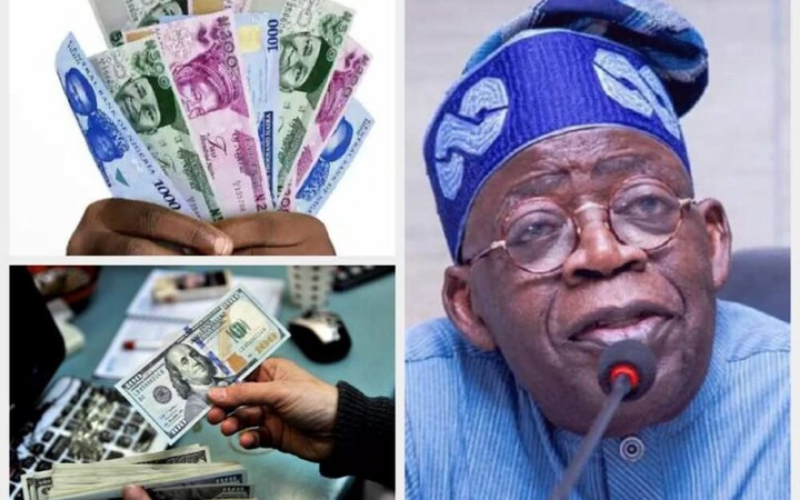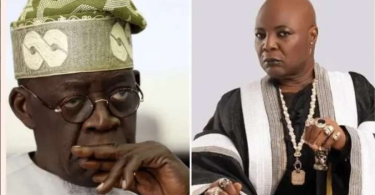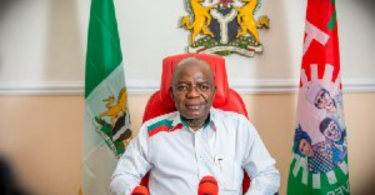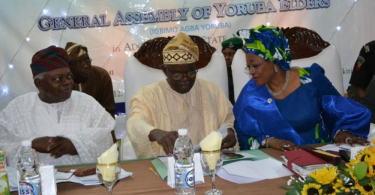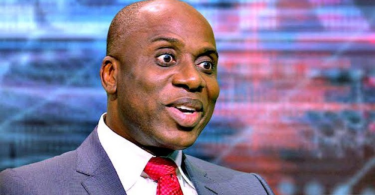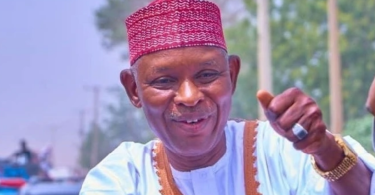The freefall of the Nigerian Naira against the US Dollar can be attributed to a combination of internal and external factors, reflecting the complex nature of currency value dynamics. Here are some key causes.
1. **Oil Price Volatility:**
Nigeria heavily relies on oil exports as a major source of revenue. Fluctuations in global oil prices directly impact the country’s foreign exchange earnings. When oil prices decline, Nigeria’s ability to generate sufficient foreign exchange diminishes, putting pressure on the Naira…….CONTINUE READING
2. **External Debt Levels:**
The accumulation of external debt can affect investor confidence. High levels of debt make the country more vulnerable to economic shocks, potentially leading to a decrease in the value of the Naira.
3. **Foreign Exchange Reserves:**
Nigeria’s foreign exchange reserves act as a buffer against economic uncertainties. Depletion of these reserves, often due to excessive government spending or inadequate revenue generation, can erode investor confidence and contribute to the depreciation of the Naira.
4. **Inflation Rate:**
Persistently high inflation rates can erode the purchasing power of a currency. If inflation in Nigeria outpaces that of its trading partners, the Naira’s value relative to other currencies, including the US Dollar, may decline.
5. **Trade Imbalances:**
Trade imbalances, where the value of imports exceeds exports, can lead to a persistent current account deficit.
This imbalance puts pressure on the Naira as more foreign exchange is needed to pay for imports.
6. **Foreign Exchange Policies:**
Government policies, such as exchange rate controls and capital controls, can impact the value of the Naira. A mismatch between the official exchange rate and the market-driven rate can create distortions and contribute to a freefall of the currency.
7. **Political and Economic Instability:**
Political uncertainty and economic instability can deter foreign investment. When investors perceive a higher risk in a country, they may pull out their investments, leading to a decrease in demand for the local currency and contributing to its depreciation.
8. **Global Economic Factors:**
Events or trends in the global economy, such as economic downturns or financial crises, can affect investor sentiment towards emerging market currencies, including the Naira. External shocks can trigger capital outflows and put pressure on the exchange rate.
Addressing the freefall of the Naira requires a comprehensive approach involving both short-term and long-term strategies. These may include implementing sound fiscal policies, diversifying the economy to reduce dependency on oil, enhancing foreign exchange reserves, and fostering a business-friendly environment to attract foreign investment. Additionally, transparent and consistent monetary policies, along with efforts to curb inflation, can contribute to stabilizing the Naira against major currencies

